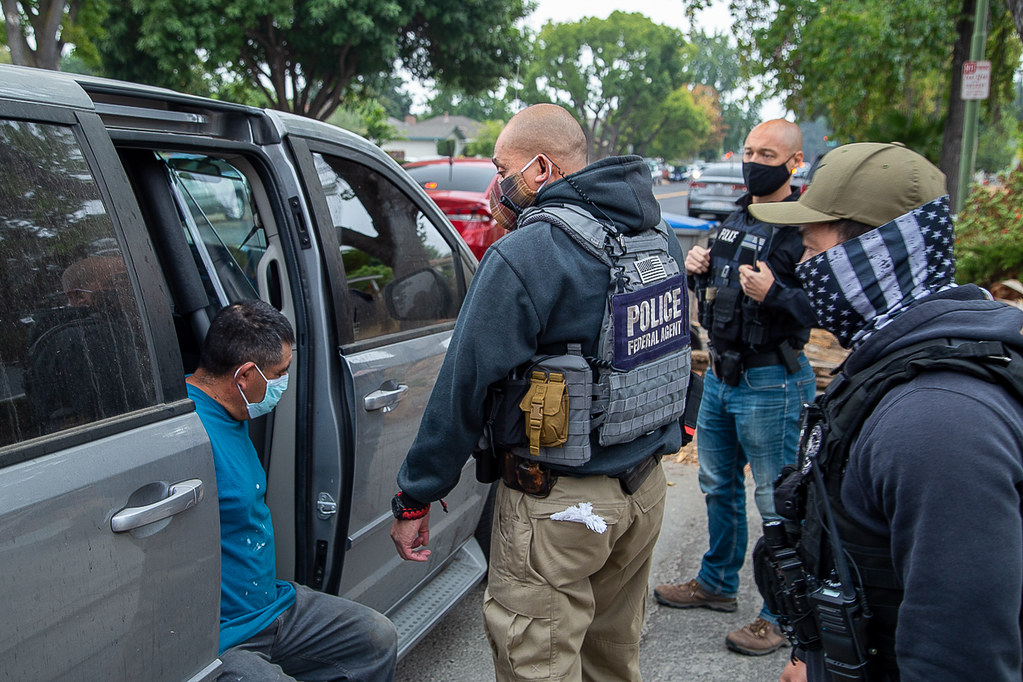
Unfortunately, the Alaska cases aren’t isolated ones. There are problems around the country. The big questions are: How did things get this way? Who is to blame?
And how long will it take to fix?
By Carrie Johnson
Washington Post Staff Writer
WASHINGTON — Two months after prosecutors abandoned the criminal conviction of former senator Ted Stevens, the Justice Department unit that polices public corruption remains in chaos, coping with newly discovered evidence that threatens to undermine other cases while department leaders struggle to reshuffle the ranks.
William Welch and Brenda Morris, senior managers in the department’s Public Integrity Section who supervised the case against the Alaska Republican, have been moved into other roles following the transfer this month of two of their subordinates, who worked on lengthy investigations of Alaskan influence peddling, according to four sources.
At the same time, document-sharing lapses that provoked the Stevens turnaround are also affecting other bribery prosecutions in the state, prompting authorities to take the extraordinary step of releasing two Alaska lawmakers from prison late last week. A new team of government lawyers and FBI agents is reviewing thousands of pages of evidence, trying to assuage the concerns of judges and fielding complaints from defense attorneys.




